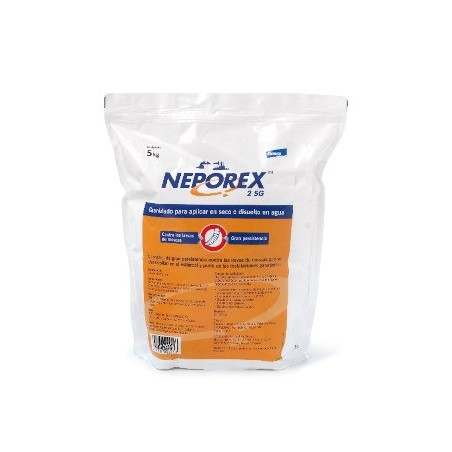Genetically modified (GM) maize is engineered to express a toxin from Bacillus thuringiensis, and confers resistance to the European maize borer. This toxin interacts with the target larvae’s intestinal cells, disrupting the intestinal lining leading to death. The aim of this study was to investigate the effects of feeding GM maize on maternal and offspring health. A total of twenty-four sows and their offspring were used in a 20-week study. Sows were fed diets containing GM or non-GM maize from service to the end of lactation. Backfat depth and BW of sows were recorded at service, on days 56 and 110 of gestation and at weaning. Individual BW of piglets in all litters was recorded at birth and weaning, and average daily gain was calculated during the suckling period. At farrowing, the fourth piglet born alive from each litter (twelve per treatment) was euthanized by captive bolt stunning followed by exsanguination. Blood samples were taken for haematology and biochemical analysis as out- lined below. Heart, kidneys, spleen and liver were removed, trimmed of any superficial fat or blood, blotted dry and weighed.
Results showed that GM maize-fed sows were heavier on day 56 of gestation (P<0.05) compared with sows fed the non-GM maize diets. On day 110 of gestation, there was no difference in BW. There was no difference in backfat depth at any time during the study. The average daily gain of piglets or the variation in average daily gain within litter during the suckling period was not affected by feeding GM maize to sows. Piglets from GM maize-fed sows tended to be lighter at weaning than piglets from non-GM maize-fed sows (P=0.08). There was no difference in pre-weaning mortality levels per litter between the treatments. Sows fed GM maize tended to have decreased serum total protein (P=0.08), and increased serum creatinine (P<0.05) and g-glutamyltransferase activity (P=0.07) on day 28 of lactation. Serum urea tended to be decreased on day 110 of gestation in GM maize-fed sows (P=0.10) and in off- spring at birth (P=0.08).

There was a minimal effect of feeding GM maize to sows during gestation and lactation on maternal and offspring serum biochemistry and haematology at birth and body weight at weaning. However, further studies are currently underway to evaluate the lifetime health and growth performance of offspring from a genetically modified maize-fed sow.
M C Walsh, S G Buzoianu, G E Gardiner, M C Rea, O O’Donovan, R P Ross and P G Lawlor. (2013). Effects of feeding Bt MON810 maize to sows during first gestation and lactation on maternal and offspring health indicators. British Journal of Nutrition 109, 873–881. doi:10.1017/S0007114512002607





